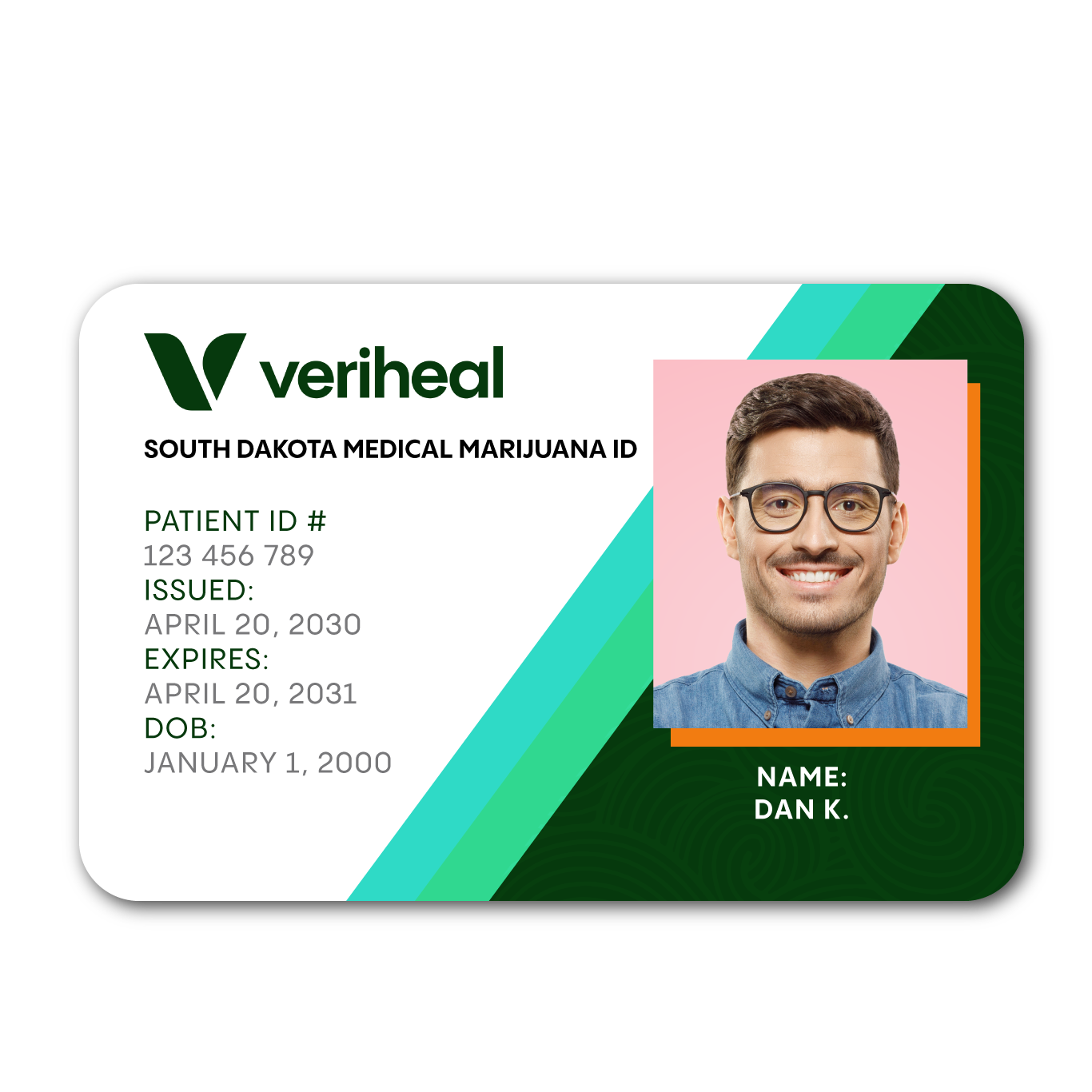The Status of Cannabis Legalization in SD
In recent South Dakota cannabis news, state legislation amended the qualifying conditions necessary to get a medical card. While it was based on symptoms before, it’s now based on having the condition itself. Both South Dakota residents and nonresidents can apply.
In November 2020, South Dakota officially passed Ballot Measure 26 with 69% of the vote, legalizing medical cannabis. The initiated measure allows cannabis cardholders or their designated caregivers to possess and purchase up to three ounces of cannabis products from a licensed marijuana dispensary. The state law took effect in July 2021 with the opening of medicinal dispensaries.
Unfortunately, bills attempting to pass recreational cannabis use in South Dakota did not make it past South Dakota voters or the government in 2021. The eventual federal legalization of cannabis may change this, but there is currently no legislation in place designed to pass recreational marijuana possession or consumption.
Demand for medical cannabis cards is very high throughout the state of South Dakota, with roughly 12,000 registered medical marijuana patients. This is more than double what state legislators and the Department of Health expected, which may help with the push for recreational cannabis legalization. There are now more than 90 dispensaries throughout the state. Pop-up healthcare clinics that help with the application process and distribute medical marijuana cards have also become quite popular.
South Dakota’s medical marijuana program brought in more than $1.37 million in 2023 and is projected to continue growing each year.
What Are The Qualifying Conditions?
To qualify for South Dakota’s medical cannabis program, you must have symptoms of or be diagnosed with one of the following conditions: cancer, chronic pain, epilepsy and seizures, multiple sclerosis, terminal illness, cachexia or wasting syndrome, severe nausea, or severe and persistent muscle spasms, including those characteristic of multiple sclerosis.
Caregivers
South Dakota allows for a caregiver under the following conditions:
- They must be at least 21
- They have agreed to assist with a qualifying patient’s use of medical cannabis
- They have no felonies
- They can assist no more than five patients with cannabis use
Possession and Cultivation Limits
South Dakotans can possess up to three ounces of cannabis as well as two flowering and two non-flowering cannabis plants.
Frequently Asked Questions
No, the state does not offer any physician referrals, which is why Veriheal will set up shop in South Dakota when the state approves a medical cannabis program to help patients make appointments with registered physicians.
Veriheal will provide physicians for you once the state approves a program. After meeting with a certified doctor in a virtual video consultation from the comfort of your own home, the doctor will determine your eligibility based on a qualifying condition.
From start to finish, the medical evaluation takes approximately 10-15 minutes.
Yes, patients with out-of-state medical cards can purchase cannabis products at South Dakota dispensaries.
The state of South Dakota cannot prohibit medical marijuana card holders from owning a gun due to local laws.














